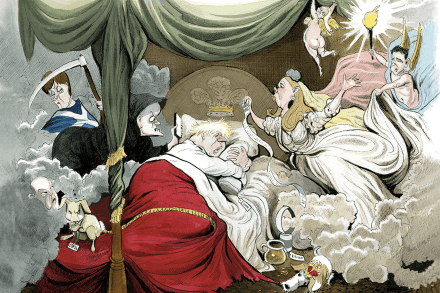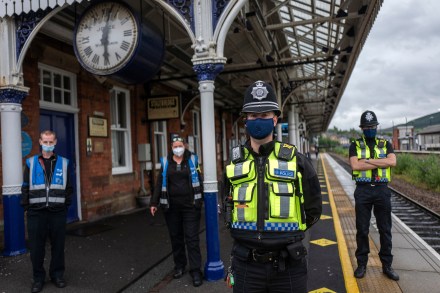Tony Blair and the perils of long hair
Tony Blair must be starting to empathise with Samson this week. Can you imagine being a short-haired former Prime Minister, who on every rare appearance on the Today Programme and Remembrance Sunday has the Twittersphere baying for blood, demanding the police arrest him and send him to The Hague? Then he appears on ITV looking like David Ginola and everyone is tweeting, ‘gosh, look at his hair!’ Though I confess, he doesn’t look too bad, Delilah is still the patron saint of smart men. Should you be considering letting your Covid long locks play out, and avoiding booking a full grooming session at Truefitt & Hill, Trumpers or Pankhurst of London, then




















